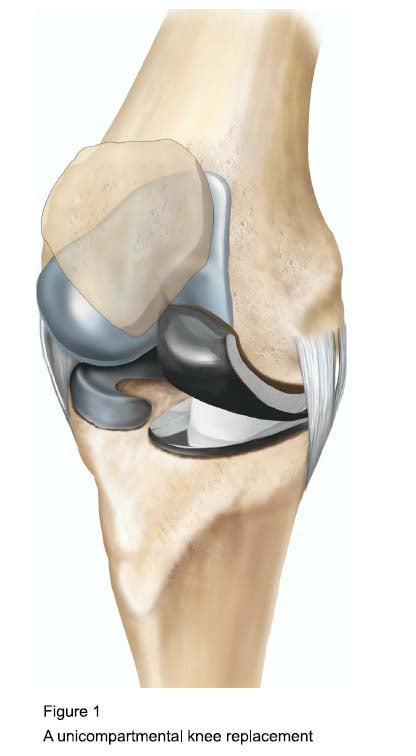Consultants and Clinic Times

Mr Khalid Al-Dadah
MBChB, MRCS (Ed), PGCert, FHEA, FRCS (Tr&Orth)
Specialities
Orthopaedics, Knee Surgery

Mr John Dabis
MBBS MRCS FRCS (Tr&Orth) MSC SEM
Specialities
Orthopaedics, Knee Surgery

Mr Richard Hampton
MB BS(Lond) FRCS(Eng) FRCS(Tr&Orth)
Specialities
Orthopaedics, Hip & Knee Surgery

Mr James Singleton
BSc MBBS MD FRCS(Tr&Orth)
Specialities
Orthopaedics, Knee Surgery

Mr Anshul Sobti
MBBS, Diploma in Orthopaedics, DNB Ortho, MCh Ortho, FRCS (Tr & Orth), MFSTEd
Specialities
Orthopaedics, Hip & Knee Surgery, Paediatric Orthopaedics


Mr Ashwin Unnithan
FRCS (Tr & Orth), MSc
Specialities
Orthopaedics, Hip & Knee Surgery

Mr Ran Wei
MBChB BSc(Hons) FRCS(Tr&Orth)
Specialities
Orthopaedics, Knee Surgery












